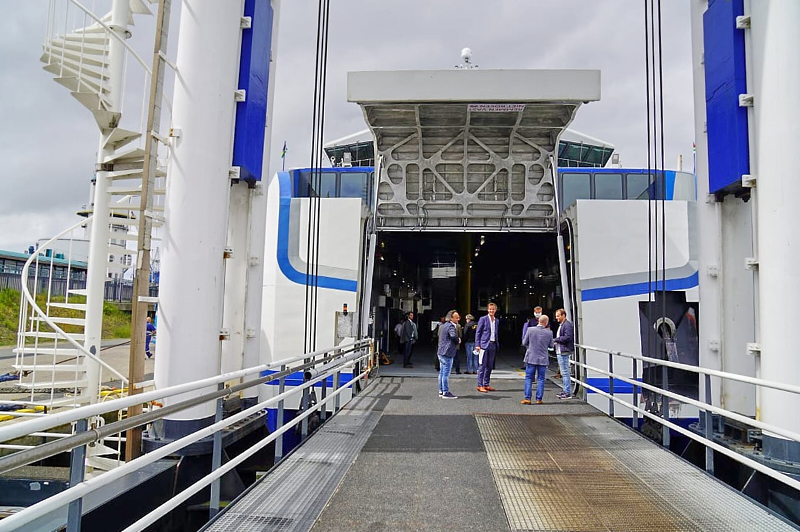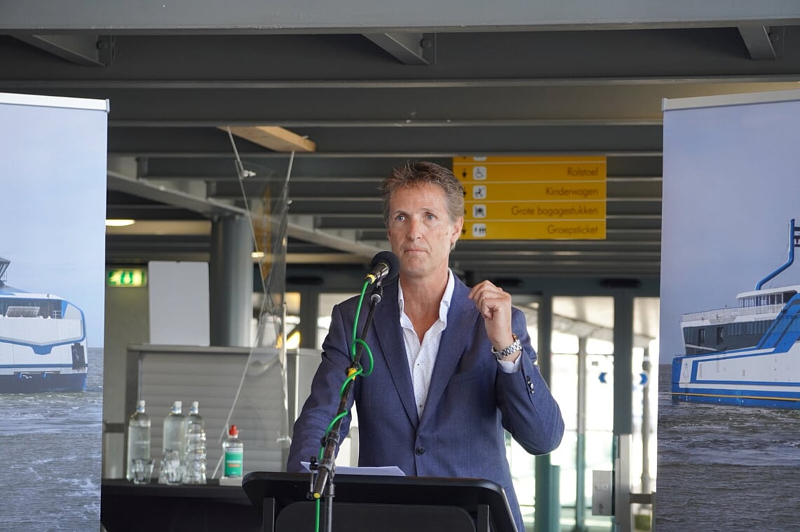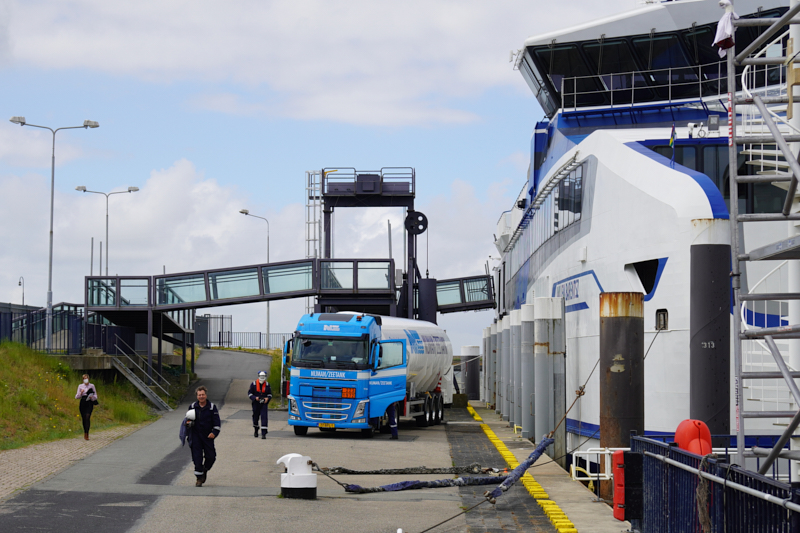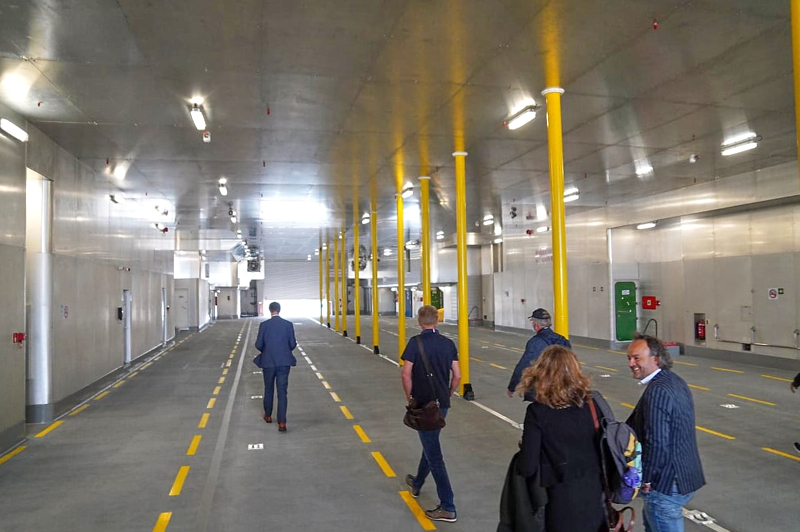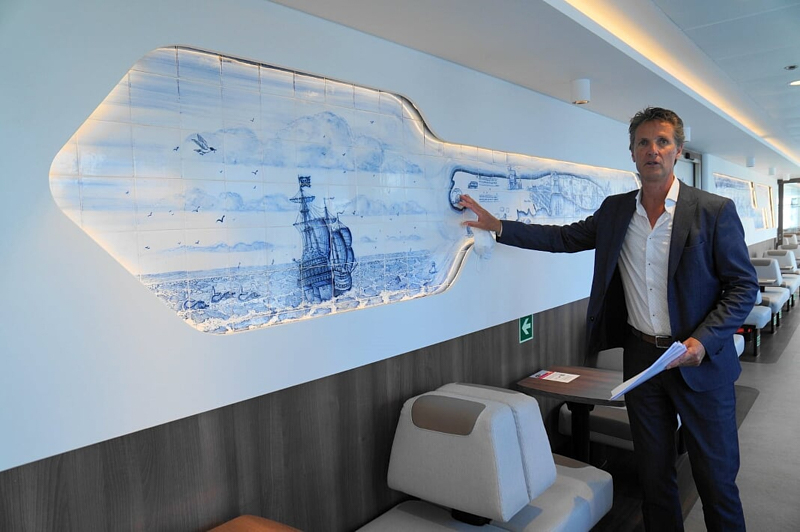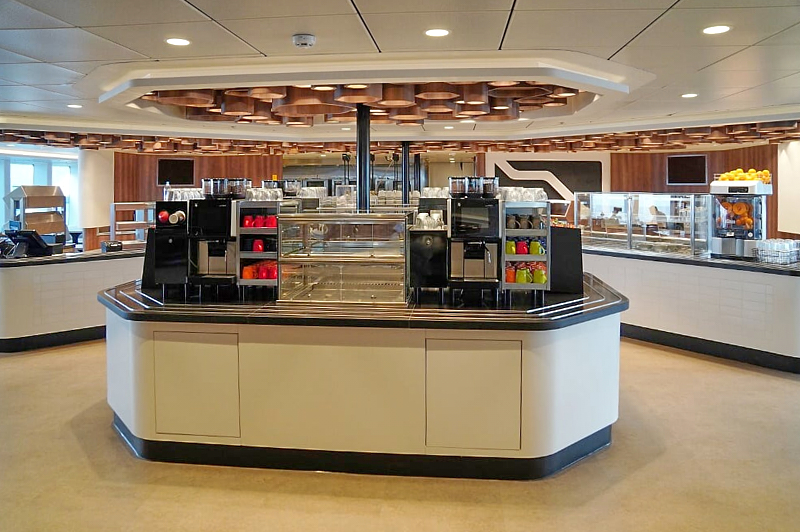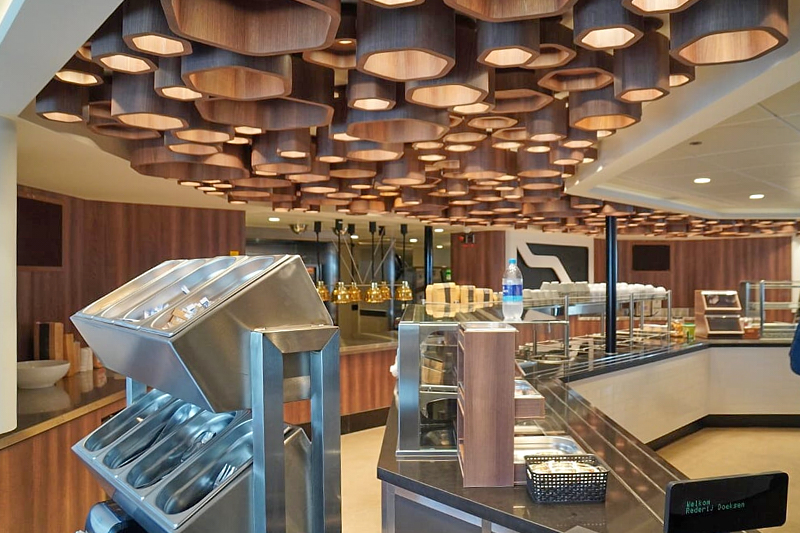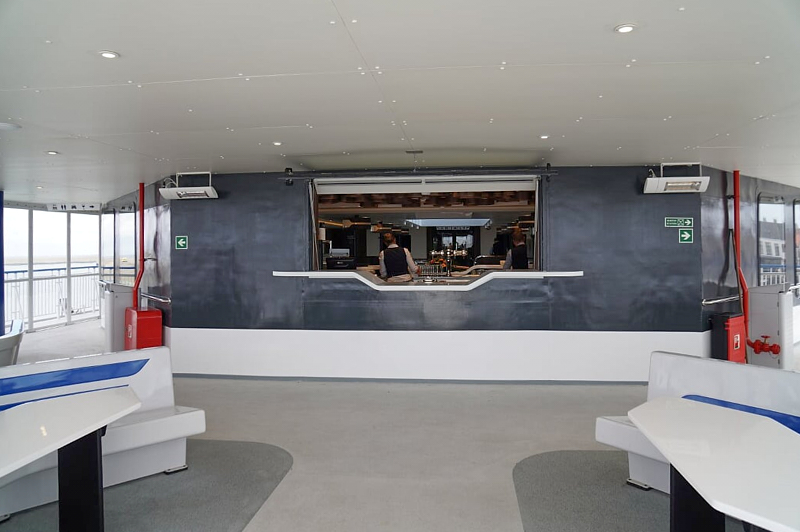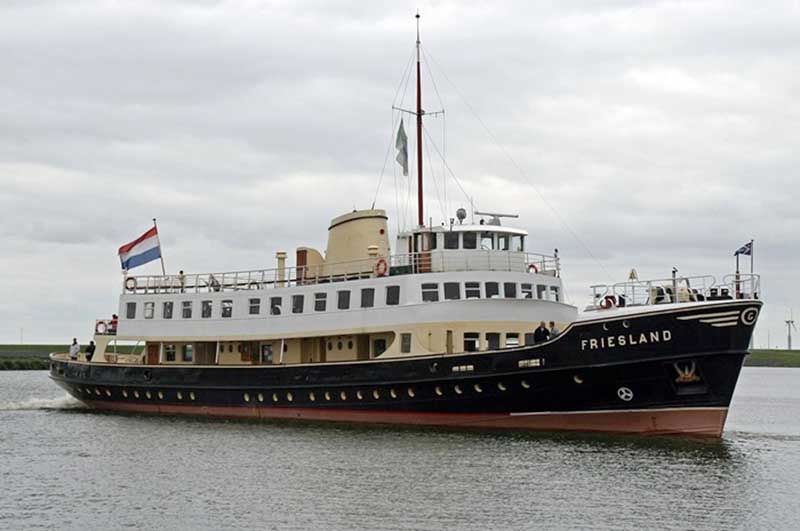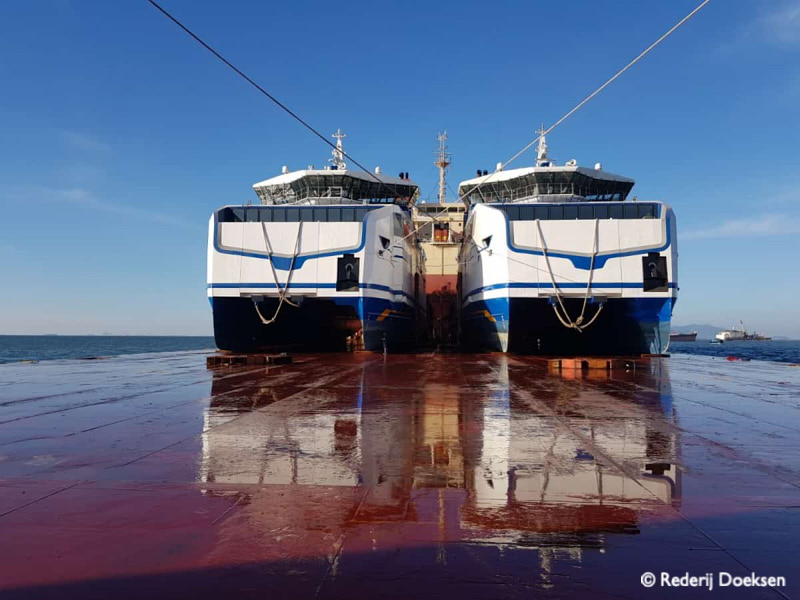After nearly 34 years working for Rederij Doeksen, of which 20 years as MD, Paul Melles will say goodbye to Rederij Doeksen per 31 December 2020.
Paul Melles (60) will be succeeded by Dirk Spoor, who is currently working in the company as the Head of Hospitality and HR.
Dirk Spoor (38) started working for Rederij Doeksen in 2010.
Paul Melles will remain involved with Rederij Doeksen: “Royal Doeksen has offered me the position of Technical Director. In my new job I will support the existing activities of the holding company (the companies Rederij Doeksen, Royal Huisman and Waterbus), but I will also start new projects. In the past years I have gained a lot of knowledge and experience, especially when it comes to sustainability. That is definitely a field I will advise the different companies about and I am very much looking forward to that.”




